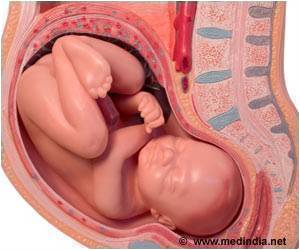The main focus of the study was to find which genes do the mineralocorticoid receptor (MR) and glucocorticoid receptor (GR) interact with and in the hippocampus genome. Researchers used next generation-sequencing, bioinformatics and pathway analysis techniques.
‘The glucocorticoid hormones (stress hormones) interact in the hippocampus region of the brain. The study findings help in the treatment of mental disorders.’
According to Hans Reul – professor at Bristol medical school “This research is a substantial step forward in our efforts to understand how these powerful glucocorticoid hormones act upon the brain and what their function is”. “We hope that our findings will trigger new targeted research into the role these hormones play in the aetiology of severe mental disorders like depression, anxiety and PTSD.”
Researchers have found that that there is an association between mineralocorticoid receptor and the cilia that protrude from the cell bodies. The effect function of the cilia is vital for the development of brain and brain plasticity. This discovery could help to solve cilia-related (developmental) disorders.
The study also found that the mineralocorticoid receptor (MR) and glucocorticoid receptor (GR) interact with many genes that are involved in the neuroplasticity process like neuron to neuron interaction, memory and learning process. Few genes are linked to the development of mental disorders like depression, anxiety, post traumatic stress disorder, and schizophrenia.
The dysfunction of the glucocorticoid hormone (observed in chronic stress) can have harmful effects on mental health. Further studies are required to understand the long-term involvement of glucocorticoids in mental health disorders.
Source: Medindia



